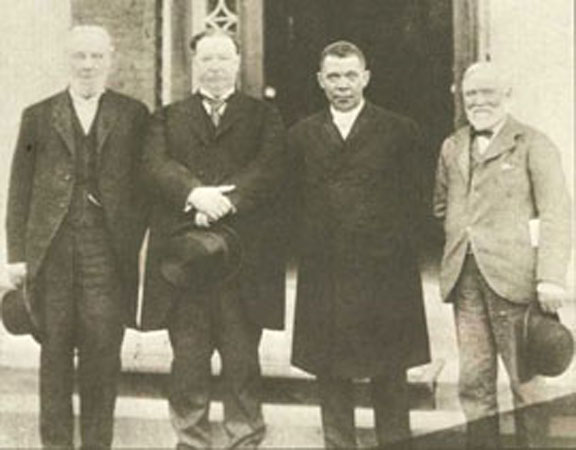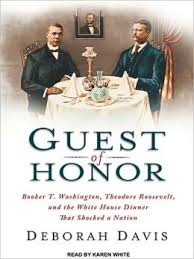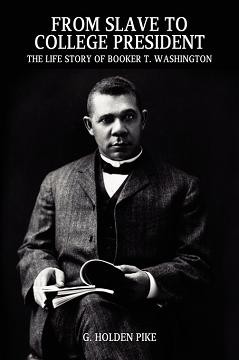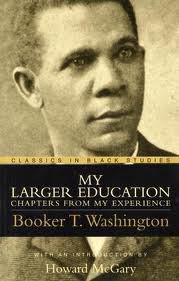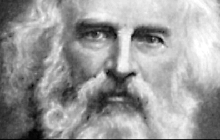Booker T. spent nearly half of every year fundraising to support Tuskegee’s ever-expanding payroll. As his network and influence among wealthy benefactors expanded, he sought and directed funds to other institutions, including Fisk and Howard University. His efforts were always to benefit Tuskegee and others, not himself.
Andrew Carnegie once attempted to give Booker T. $150,000 to ensure he would be financially secure when he retired. Booker T. politely declined, asking that the gift go to Tuskegee instead. Carnegie persisted until Booker T. finally agreed to accept interest on the gift. He then proceeded to immediately cancel his Tuskegee salary and continued to work without pay for Tuskegee—for the rest of his life.
Booker T. asked Julius Rosenwald, builder of Sears, Roebuck, & Co., to fund a pilot program of 100 elementary schools, designed and operated by Tuskegee. This program, later expanded as the Rosenwald Fund, built 4,977 schools, 217 teacher’s homes and 163 shop buildings in 15 states. Carnegie, Rosenwald and Booker T. took a matching-funds approach to ensure that local beneficiaries would have a stake in the program.



